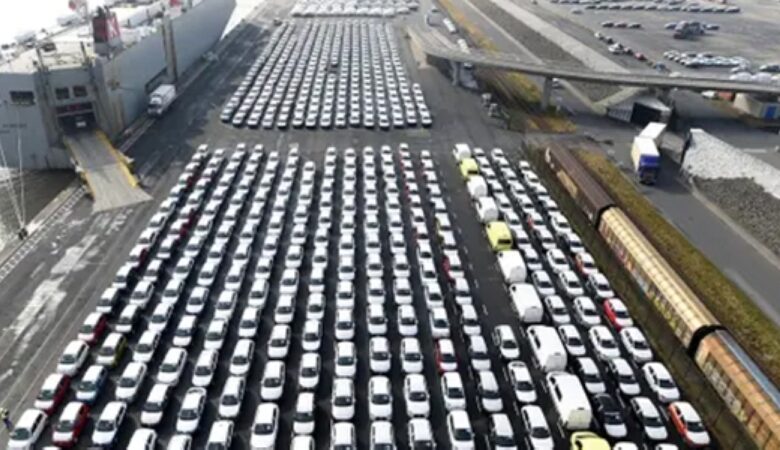
The German Association of the Automotive Industry announced today that exports of German cars to the United States fell sharply in April and May, following tariffs imposed by U.S. President Donald Trump on imported vehicles. These measures have significantly impacted German car manufacturers in one of their most important foreign markets.
According to the association, exports to the U.S. declined by 13% in April and a further 25% in May compared to the same months last year. Approximately 64,300 vehicles were shipped to the U.S. during the two-month period, according to news agencies.
In an effort to boost the American automotive industry, Trump imposed a 25% tariff on vehicle imports from the European Union starting in April. By May, these tariffs were also extended to cover auto parts.
Association President Hildegard Müller stressed the urgency of resolving the dispute, stating, “Every effort must be made to reach a political agreement between the EU and the U.S. as soon as possible. While a free trade agreement remains a long-term goal, speed is now essential.”
President Trump has set a deadline of July 9 to reach a deal with the European Union.
German Chancellor Friedrich Merz also called on the EU to quickly resolve the tariff dispute with Washington to protect vital industries such as automotive, steel, and pharmaceuticals.
Müller estimated that in April alone, German carmakers incurred costs of around half a billion euros due to the new tariffs.












